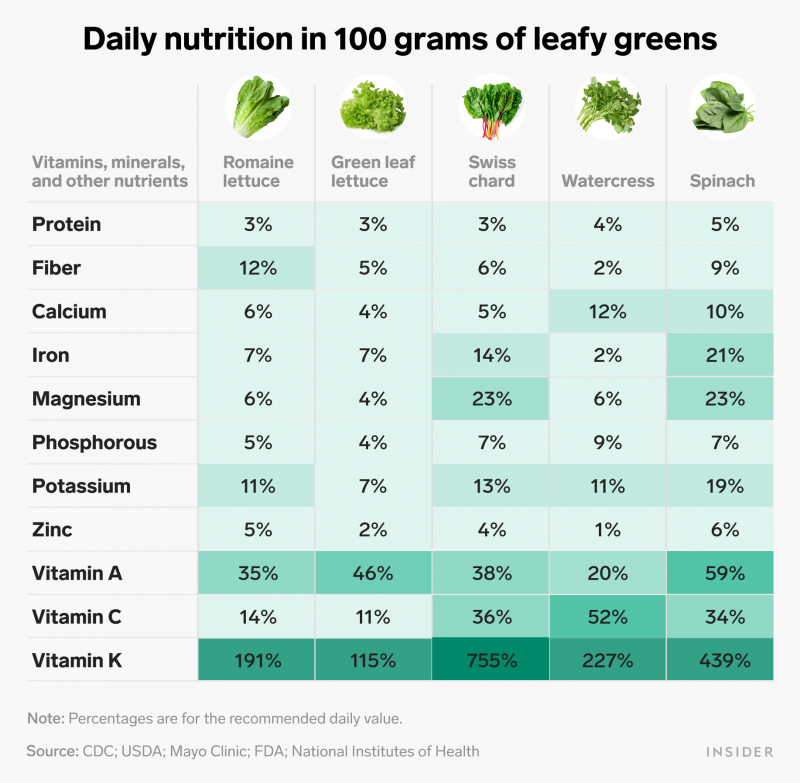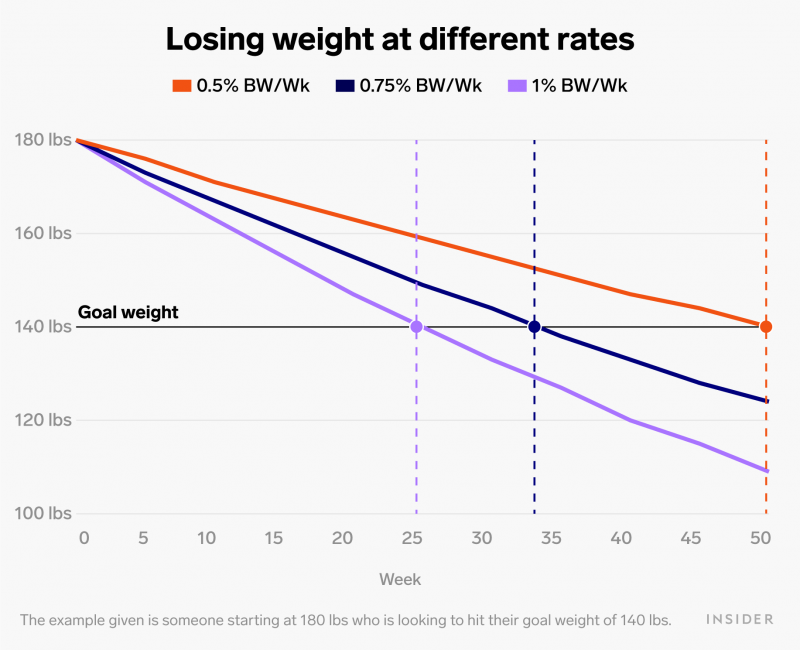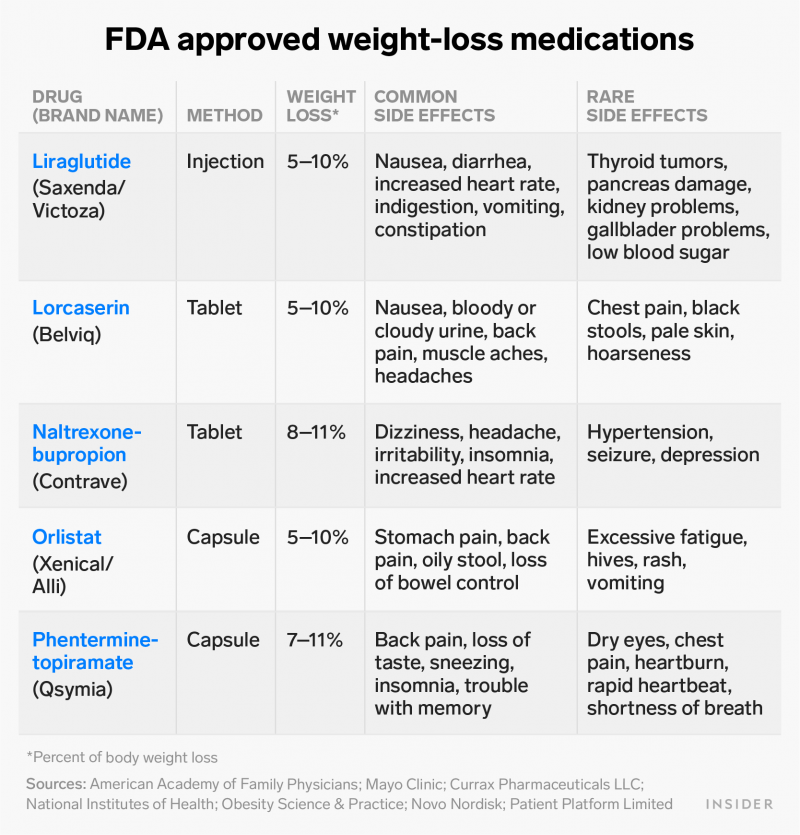Many eating plans that promise to help you lose weight are costly and unsustainable, not backed by scientific evidence, and may actually hurt your health more than help it.
Losing weight is not a one-size-fits-all approach. How you go about it will largely depend on your current habits, how much weight you want to lose, and your long-term goals.
However, eating right is paramount. It doesn’t matter how much you exercise each day, if you’re not making conscious decisions about what you’re putting in your body, losing weight will be no picnic.
For this weight-loss guide we’ve combined advice from nutritionists, psychologists, and the published scientific database for how to eat right to shed pounds and improve overall health.
Table of Contents
Eat a balanced diet
Chances are you're going to need to change your diet habits if you want to lose weight. Eating healthy isn't just about eating and drinking fewer calories, but also understanding your blood sugar, or blood glucose, levels.
Whenever you eat, whether it's a candy bar or bag of baby carrots, your body breaks it down into glucose and sends it into the blood. This triggers your pancreas to release insulin which helps your cells absorb the glucose.
When glucose enters your cells, it is either used for energy immediately, or stored as fat for later use. The key difference between the candy bar and baby carrot is that you digest the candy bar much faster, which can spike your blood sugar levels.
Research shows that blood sugar spikes will overload your system with glucose and insulin, so that your cells can't possibly use it all for energy. This means there's more residual glucose left over that your cells then store as fat.
Therefore, a regular diet of processed, simple sugars that spike your blood sugar levels can easily lead to weight gain. So it's important for weight management to eat foods that you digest slowly. Here's 5 tips on what to eat to lose weight.
1. Cut out processed carbs and sugars
Most importantly, studies and experts agree that to lose weight you should limit or cut sugar and processed carbs out of your diet.
Most processed foods are made up of simple carbs, which you digest quickly. This leaves you full for a shorter period of time and can lead to overeating and weight gain.
It also spikes blood sugar levels, which over time can strain arterial walls and hinder the body's ability to control insulin. This can lead to conditions like type 2 diabetes and heart disease.
2. Eat the right carbs: Fiber and resistant starch
Popular diet plans - like the ketogenic diet and Atkins diet - restrict all types of carbs from the simple carbs in cupcakes to the complex carbs in whole grains.
However, complex carbs are important because you process them slowly, which can leave you feeling full for longer and stave off hunger pains. They're also proven to help protect against coronary heart disease.
Fiber and resistant starch are two types of complex carbs that you should include in your diet. Foods that are a good source of both include peas, lentils, beans, whole grains, and cold pasta.
3. Eat more vegetables
Vegetables are often considered some of the most weight-loss-friendly foods you can eat. They're low in calories and high in fiber, which means you can eat a lot, feel full, and not spike your blood sugar levels.
Leafy greens, especially, are loaded with essential vitamins and minerals. This can help reduce the risk of nutrient deficiencies, which can be a problem for restrictive diets like the Whole30 diet and the GAPS (Gut and Psychology Syndrome) Diet.
Here's a nutrient breakdown of what the CDC considers to be some of the most nutritious greens you can eat.

4. Limit saturated fats
Saturated fats are most ubiquitous in processed foods including meats, cheeses, and baked goods. These calorie-dense, low-fiber foods are already something to avoid when trying to lose weight.
But research has found that reducing saturated fats can also lower cholesterol levels and the risk of heart disease and high blood pressure. That's why the USDA recommends no more than 20 grams of saturated fat per day for a 2,000 calorie diet.
Instead, focus on healthy polyunsaturated and monounsaturated fats that you can get from fish, seeds, and nuts.
5. Eat carbs, fats, and protein
You may lose weight more quickly by cutting out carbs or fat. But these restrictive diets are not sustainable.
As a result, you'll likely gain back the weight you lost once you reintroduce carby or fatty foods. This can lead to an unhealthy cycle of yo-yo dieting where you're constantly losing weight and gaining it back, which can do long-term damage to your heart and kidneys.
Nutritionists recommend a diet that includes a healthy balance of healthy fats, protein, and carbohydrates. The eating plans that are most recommended by dietitians include the DASH diet and the Mediterranean diet.
Try intermittent fasting
A growing body of scientific research suggests that when you eat is as equally important for overall health as what you eat. This method where you only eat during a certain window of time each day is called intermittent fasting.
There's only limited research that indicates intermittent fasting works for weight loss. More evidence, from animal and human studies, points to other benefits from fasting like improvements in diabetes, cardiovascular disease, and neurological disorders.
If you decide to try intermittent fasting, there are many different types to choose from, but two of the most popular are:
- 16:9 method: Where you eat during a 9-hour window each day and fast for the other 16 hours. Most people choose to skip breakfast and eat between 12-9 pm.
- 5:2 method: Where you fast, or severely restrict how much you eat, for 2 non-consecutive days during the week, and you eat a regular diet for the other 5 days.
Equally important is what you eat on intermittent fasting. Stick to fiber-rich foods and get enough protein in your diet, because it can help you handle hunger pains during the fasting period.
Reduce stress
If you use food as a coping mechanism, like for stress, it can be extremely difficult to lose weight - and can even lead to weight gain.
Researchers have discovered that stress due to racism, homophobia, and physical or sexual abuse can trigger emotional eating.
Therefore, to stop emotional eating means overcoming the stress that triggers it.
Some ways to reduce stress include:
Related to emotional eating is a more serious condition called binge eating. Binge eating is considered to be an eating disorder that requires specific treatment. Therefore, it's important to determine if you have a binge eating disorder and then take the necessary steps to stop binge eating.
Keep the weight off
If there's anything harder than losing weight, it's keeping it off long-term. The most sure-fire way to keep the weight off is to choose a sustainable eating plan when you first start losing weight.
It can also help to lose weight gradually. If you lose too much weight, too fast, your body may retaliate by increasing levels of ghrelin, the hormone that signals hunger. In fact, there are many functions at play in your body and brain that makes it especially difficult to keep the weight off.
Experts recommend losing weight at a rate of 0.5% to 1% of your body weight per week (BW/Wk). For a 180-pound person trying to lose 40 pounds that would mean it would take 25 to 50 weeks to reach their goal weight of 140 pounds.

Also, avoid fads like reverse dieting, which claims to boost your metabolism so that you don't gain weight as you readjust to adding more calories to your diet. Metabolism is related to weight loss, but you can't easily manipulate it the way some people claim.
Skip the diet pills
Diet supplements marketed for weight-loss, like keto pills and probiotics, may seem like the easy way out. But don't waste your money. Just about any over-the-counter diet pill or supplement is not FDA approved or regulated and is likely not proven to work.
The most common ingredients in these products are usually vitamins, minerals, herbs, and enzymes and can be found in a database from the National Institutes of Health. If you're wondering whether it's safe or if it works, that's where you can get the information you need.
Now, there are five prescription drugs that the FDA has approved for long-term weight loss. However, doctors often reserve these treatments for people who are considered obese with a BMI over 30 and have obesity-related complications like high blood pressure. They also come with some serious side effects.

Takeaways
The best way to lose weight is an approach that helps you keep it off long-term. Trendy, restrictive diets that require you to cut out certain food groups, like carbohydrates, are unsustainable and, therefore, not recommended by nutritionists.
Instead, focus on eating the right balance of healthy fats, carbs, and proteins. Cut out processed foods. And find an eating routine you can stick with and enjoy.
